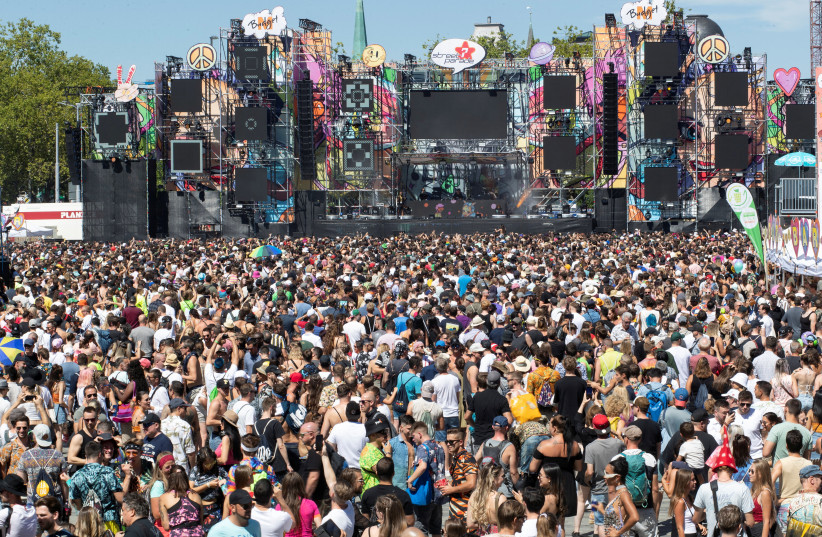Many people, especially those who are addicted to Facebook, Instagram, Twitter and other social media, suffer from FOMO, the “fear of missing out,” because they see others having fun experiences without them. FOMO is associated not only with social media use but also with low self-esteem, loneliness and internalizing problems.
But what about JOMO – the joy of missing out? Most people who ranked high in JOMO also reported high levels of social anxiety in a new study led by psychologists at Washington State University (WSU).
The term JOMO has been popularized as a healthy enjoyment of solitude in almost direct opposition to the negative FOMO. In an analysis of two samples of adults, the researchers found mixed results when it comes to JOMO with evidence that there is some anxiety behind the joy.
“In general, a lot of people like being connected,” said Prof. Chris Barry, the lead author of the paper published in Telematics and Informatics Reports under the title “JOMO: Joy of Missing Out and its Association with Social Media Use, Self-Perception, and Mental Health.”
“When trying to assess JOMO, we found that some people were enjoying missing out, not for the solitude or a Zen-like, calming experience of being able to regroup, but more to avoid social interaction.” This might also explain the correlation found between JOMO and social media use, a result that surprised the researchers who expected people who wanted to miss out on social events wouldn’t care to check what friends and family were doing. Barry said a possible explanation is that for those with social anxiety, social media may feel like a less intense way to connect than in-person interaction.

Barry and his co-authors conducted surveys with two different sets of about 500 participants each who were recruited through Amazon’s crowdsourcing platform MTurk. To measure JOMO, researchers asked a slate of questions around enjoying spending time alone and disconnection, such as whether the participants liked time to self-reflect and whether they were happy to see friends having a good time even if they weren’t with them. The survey also included questions designed to assess loneliness, social anxiety, social media use, personality traits and life satisfaction.
Findings of the study
The study of the first sample revealed connections among those high in JOMO to social media use and life satisfaction but social anxiety had the strongest correlation. With these mixed results, the team designed a second study to see if they could find a group of people high in JOMO but without social anxiety. They found them, but that group was small, representing about 10% of the participants. While not socially anxious, this high JOMO group still reported some moderate feelings of loneliness.
While other research has linked the fear of missing out to low self-esteem and loneliness, these findings indicate that the experience of the joy of missing out is not as clear. Barry suggested that JOMO might not be a stable state or linked to personality traits but rather a momentary phase of needing to disconnect. “There are a lot of unanswered questions like ‘what's a good dosage of social interaction versus disengagement?’ I think that's going to differ for everyone,” Barry said. “The motives matter. Why are people missing out? If it’s because they need to recharge, that’s maybe a good thing. If they’re trying to avoid something, that is probably not healthy in the long run.”
The benefits of JOMO may be most apparent for individuals with lower use of social media in daily activities. To that end, it was hypothesized that lower social media use would strengthen associations of JOMO with mindfulness and indices of well-being such as less loneliness, FOMO, and social anxiety and higher life satisfaction.
